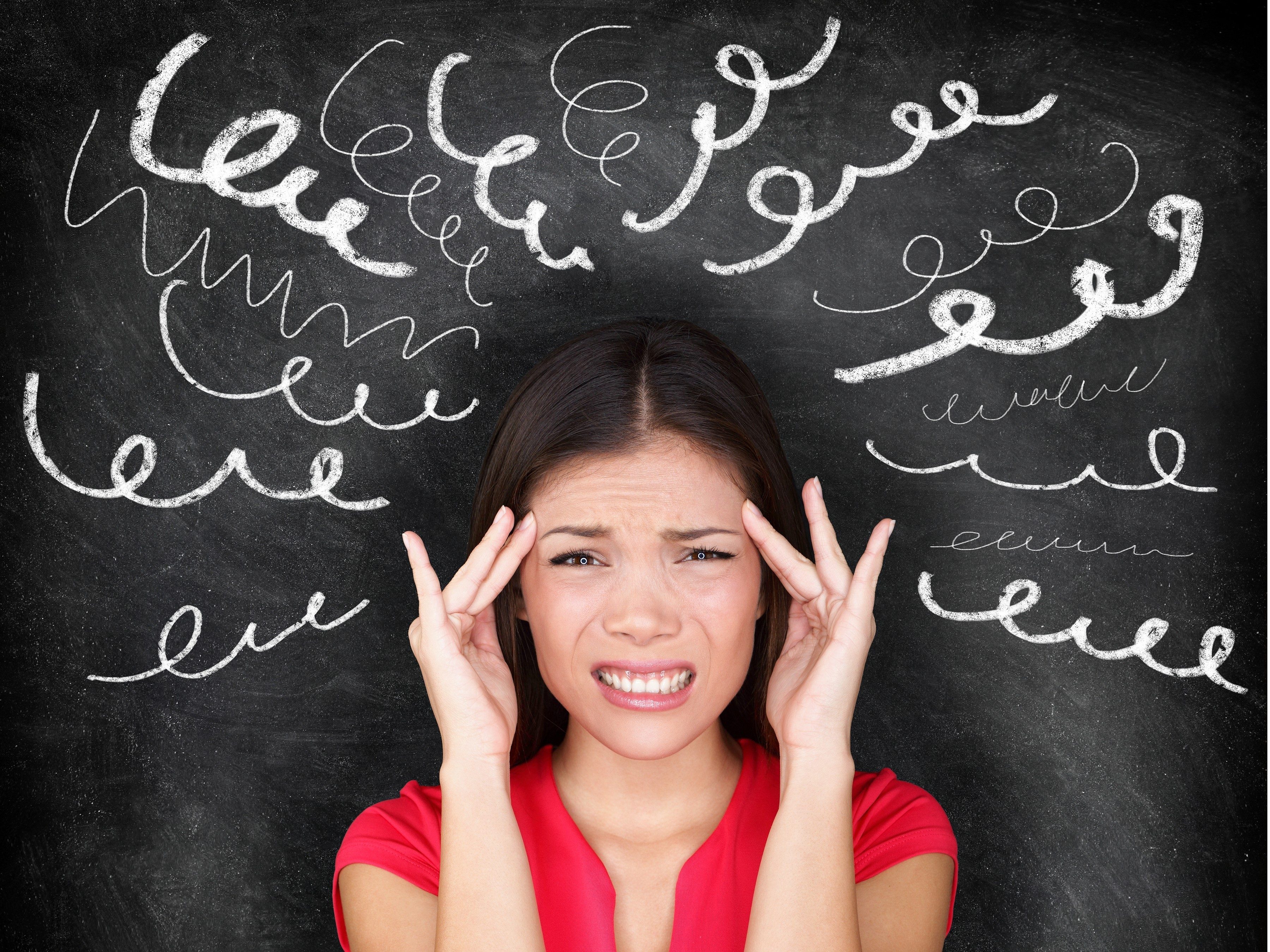
1. What happens to your body under pressure?
Stress gives us the energy to fight or flee, which is pretty useful if you’re staring down a sabre-toothed tiger but not quite as productive in the lead-up to a job interview. Here’s what happens in your brain when you sense danger:
* The eyes and ears pass that information along to the amygdala, a jelly bean-shaped region deep in your temporal lobe involved in decision making and emotional responses.
* The amygdala decides the danger is real and sends a distress signal to the hypothalamus. That’s the part of the brain responsible for the autonomic nervous system (ANS), which heads up involuntary body functions like your heartbeat, breathing and blood pressure.
* The hypothalamus cues a part of the ANS called the sympathetic nervous system, which is responsible for your fight-or-flight response. Often compared to the gas pedal on a car, it sets off the adrenal glands.
* The glands flood the bloodstream with adrenalin. Your heart starts racing, getting more blood to your muscles, and fats and sugar are released, providing you with extra energy. The lungs’ airways open to the limit so the maximum amount of oxygen gets in, which is sent to the brain, sharpening your senses and making you more alert. (Now, go fight that tiger!)
* Once the danger passes, another part of the ANS, the parasympathetic nervous system, is engaged. Much like your car’s braking mechanism, it has a rest-and-digest function that counters the stress response and gets your body back to normal.

2. There’s a formula to help you determine what’s triggering those fight-or-flight feelings.
After 60 years of research, scientists have determined what provokes stress, says Dr. Sonia Lupien, director of the Centre for Studies on Human Stress in Montreal. There’s even a handy acronym: NUTS.
N is for Novelty: “This is something new you’ve not experienced before, like the first day of school or a new job.”
U is for Unpredictability: “When you don’t know how something is going to [take shape, as is the case during] a trip to the dentist.”
T is for Threat to the Ego: “When your competence is threatened, such as in front of colleagues. We’re very sensitive to this.”
S is for Sense of Control: “When you feel you have little or no control over the situation, like being stuck in traffic.”
It’s helpful to identify your sources of stress, Lupien says, because “a problem well-defined is a problem almost solved.” She notes that the opposite of stress is not relaxation-it’s resilience. “If you tell your brain that you can deal with this, it will stop producing the stress hormone and you will calm down.” But if you need a quick fix, Lupien suggests these stress-reducing techniques:
Breathe deeply: “Extend your diaphragm; once the muscle is activated, it will stop the stress response.”
Sing: “Singing makes you do abdominal breathing without you even realizing-it’s funny like that.”
Exercise: “You have to use the energy that you mobilize. Then it is eliminated.”
Laugh: “The same region that makes you stressed, the hippocampus, makes you laugh. When we laugh, we produce hormones that stop the stress response.”

3. You’re not alone: Stress is rampant.
Twenty-two per cent of Canadians report high stress levels on a daily basis according to the first-ever national-level report on mental health, released in 2015 by the Mental Health Commission of Canada.

4. Men and women have different stress dreams.
In 2013, psychologists from the University of Montreal found that while men’s nightmares tended toward the catastrophic-earthquakes, the apocalypse, vermin-women were twice as likely to have bad dreams about interpersonal conflict, betrayal and humiliation.

5. Science is trying to build a stress Breathalyzer.
In a small 2013 study out of the United Kingdom, participants were subjected to a super-stressful experience (a tricky math test) and a neutral one (hearing classical music). After testing for six compounds in the breath, researchers found that, after the quiz, two were elevated and four reduced, potentially due to more rapid breathing. This could be the first step toward a “stress-alyzer,” allowing doctors to more quickly diagnose a problem that, over time, increases your risk for heart attack and stroke.
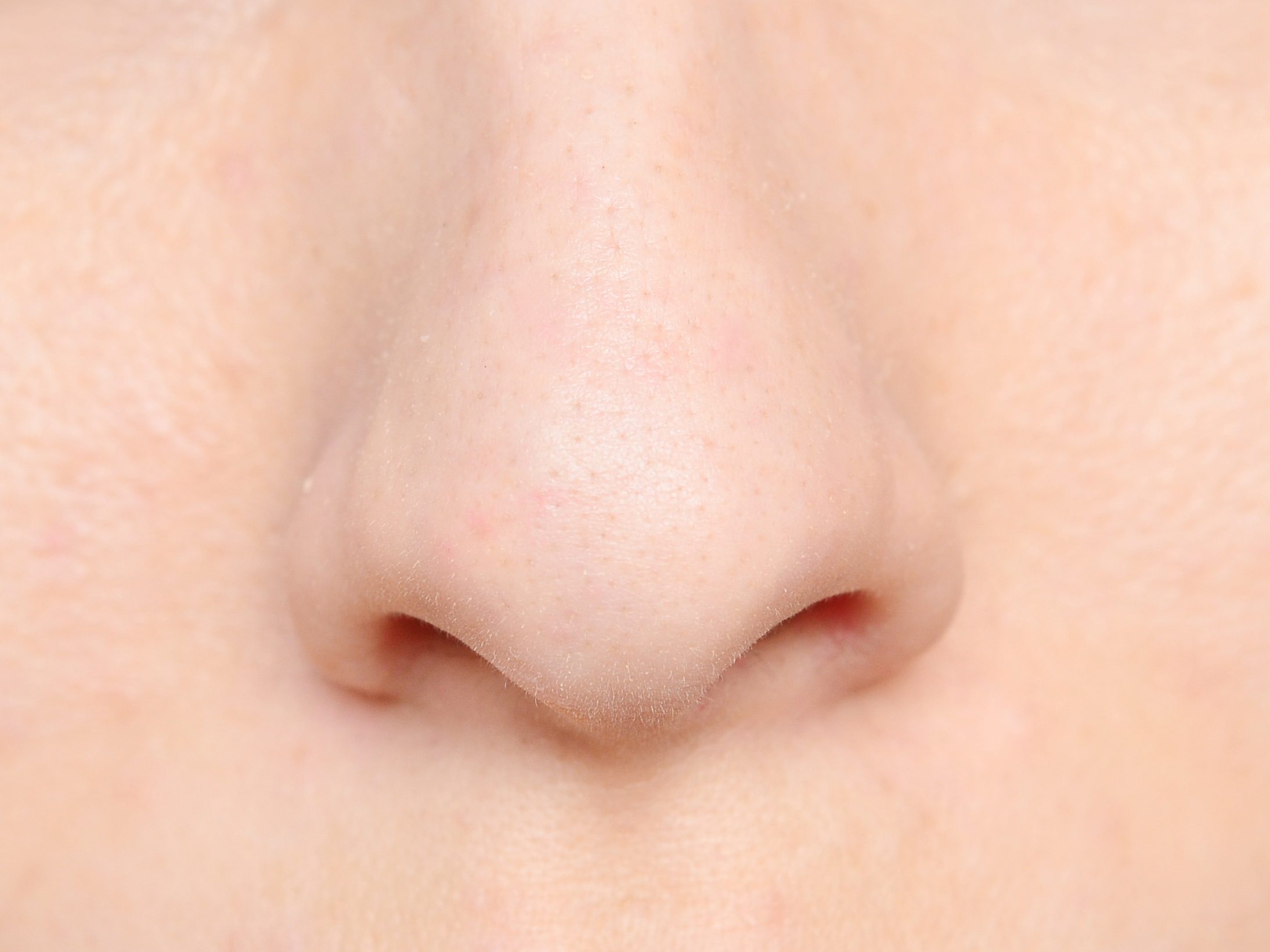
6. You can smell the stress on someone.
Emotional stress releases odours that aren’t present during exercise. In 2009, researchers from New York’s Stony Brook University School of Medicine had some subjects run for 20 minutes and others fall from the sky for 20 minutes (with an instructor). When members of a third group entered brain scanners and sniffed the stressed-out sample, it lit up the amygdala, which governs emotional responses. The runners’ sweat had no effect.

7. Stress is contagious.
A 2013 German study published in the journal Psychoneuroendocrinology provided more proof of second-hand stress. Thirty per cent of people showed spiked levels of cortisol after simply observing someone in a stressful situation, and 24 per cent of them still experienced stress when they were watching that tense person in a video recording, instead of face to face.

8. Stress is especially contagious if you love the person.
When our romantic partners are involved, it’s even easier to “catch” second-hand stress. The German study found that 40 per cent of subjects felt triggered after being exposed to a loved one’s anxiety.

9. Cycling can be a powerful stress reliever.
As various bits of research have shown, riding a bicycle will lower your stress levels, whether you’re doing a quick errand or committing to a lifetime on two wheels.
15 minutes later: A 2013 study out of Japan showed a marked drop in people’s cortisol levels after they pedalled for just 15 minutes on a stationary bike.
An hour later: Researchers from California’s Stanford University found in 2015 that, compared to their cycling colleagues, those who drove or took the subway breathed more shallowly an hour later-a sure sign of stress.
18 years later: After following 17,985 adult commuters for 18 years, U.K. researchers discovered in 2014 that those who walked or biked reported being happier, more confident and better able to face their problems.

10. If you have to drive somewhere, plan ahead.
In a 2012 study from the University of California, drivers in San Jose reported they felt less stressed after using traffic-navigation technology for their commutes than when they chose to just wing it.
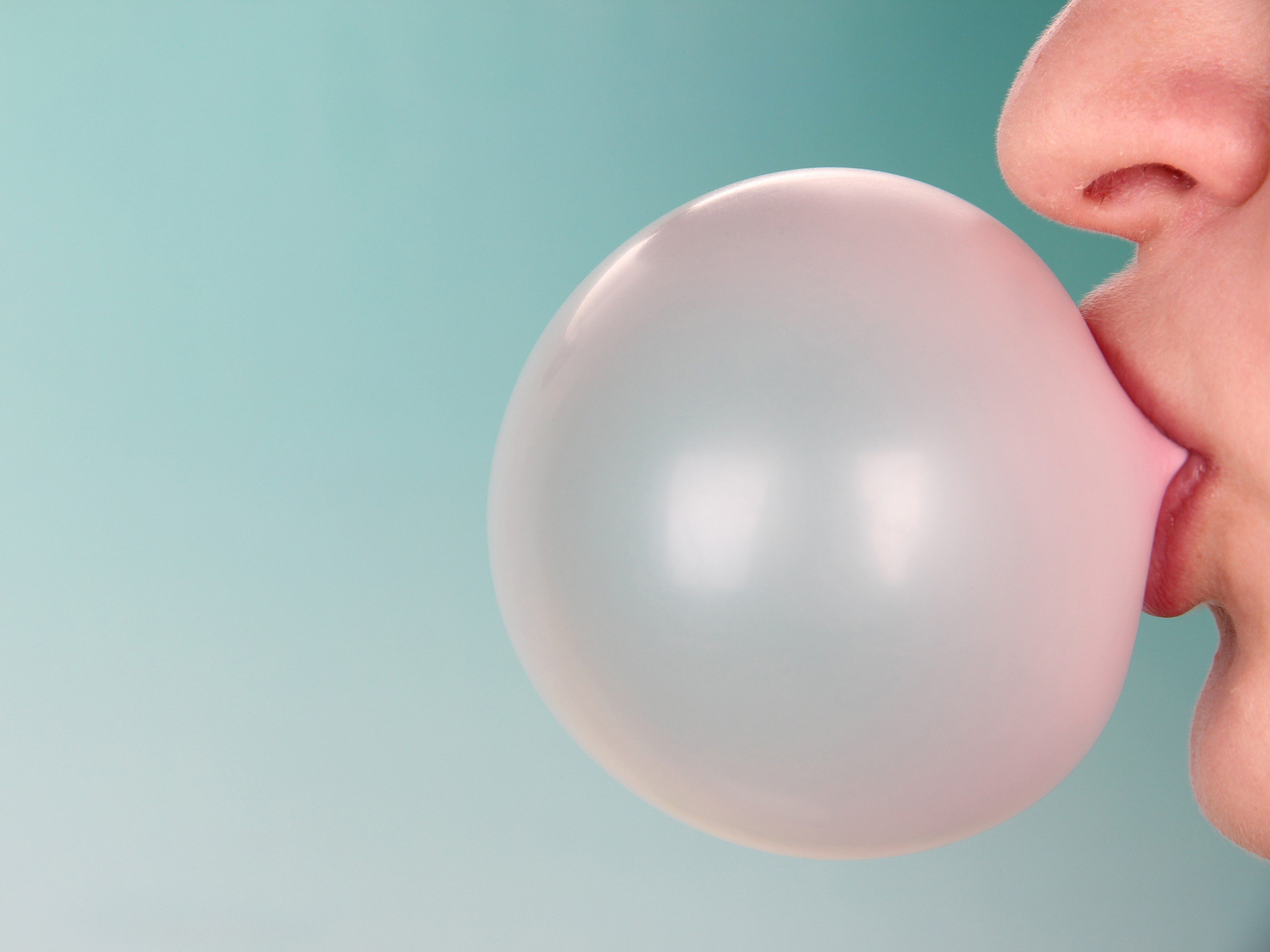
11. Chew gum; cut down stress.
At Cardiff University in Wales, 133 volunteers were tested on memory, motor skills and reaction time while sitting in silence and when industrial noise was played at the volume of a vacuum cleaner. Chewing gum during the blasting noise was associated with better performance and a better mood than those who went without.
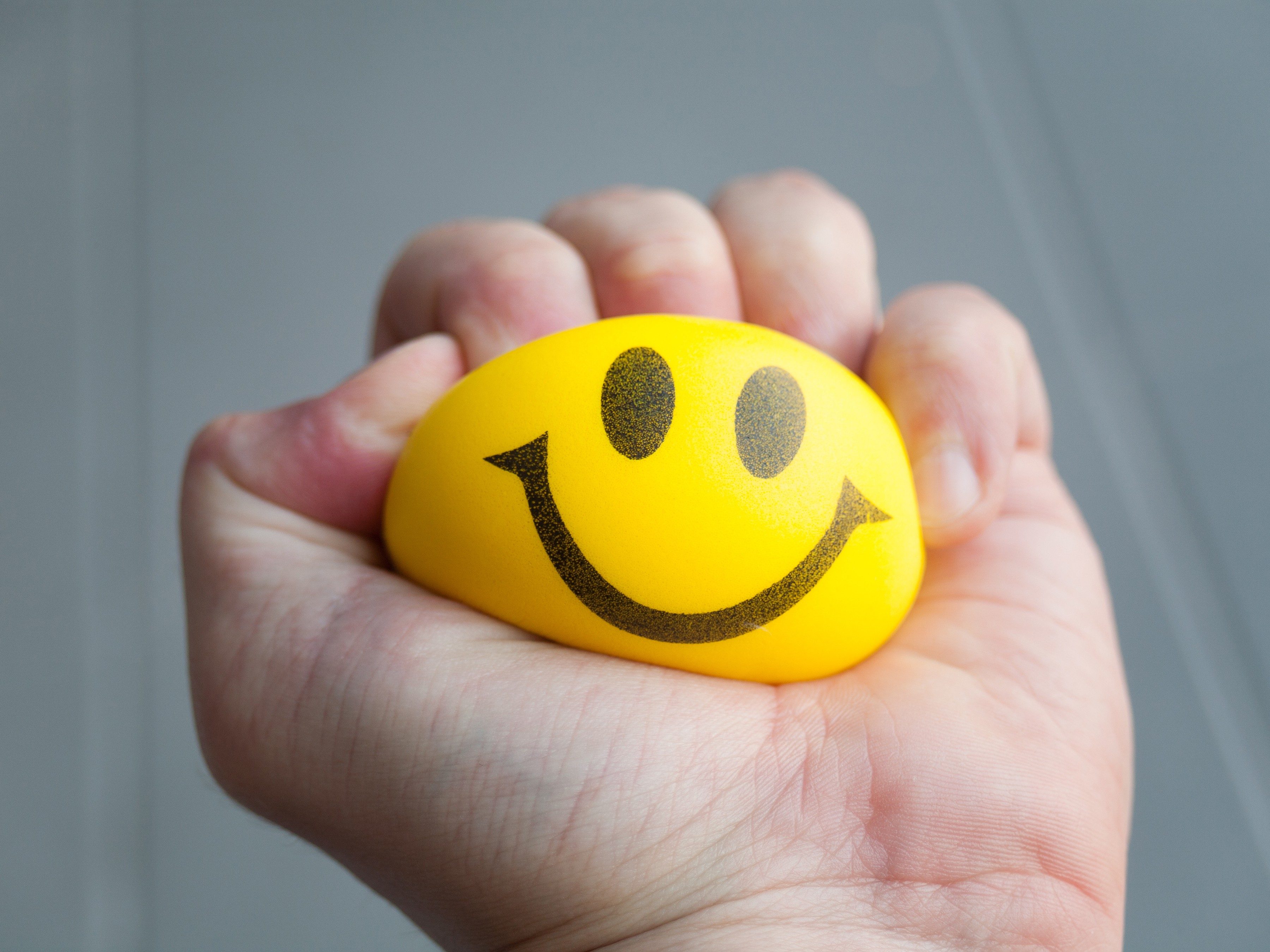
12. Stress toys work.
Being conscious for an operation is a preposterously stressful situation. So in 2015, psychologists at the University of Surrey in England asked nearly 400 patients to either listen to music, talk to a nurse, watch a DVD or fiddle with a stress ball while undergoing minimally invasive vein surgery. Music made no difference to their reported levels of anxiety or pain, while subjects who used stress balls experienced 18 per cent less anxiety and 22 per cent less pain than those undergoing treatment with no distraction. A good conversation can help, too: while the balls were best for managing physical discomfort, interacting with a nurse resulted in the biggest drop in participants’ anxiety levels, at 30 per cent.

13. You can read your way out of stress.
Neuropsychologists at the University of Sussex in Brighton, England, discovered a pretty terrific formula: six minutes of reading is all you need to reduce stress levels by 68 per cent. That’s better than listening to music (at 61 per cent), having a cup of tea (54 per cent) or taking a walk (42 per cent).
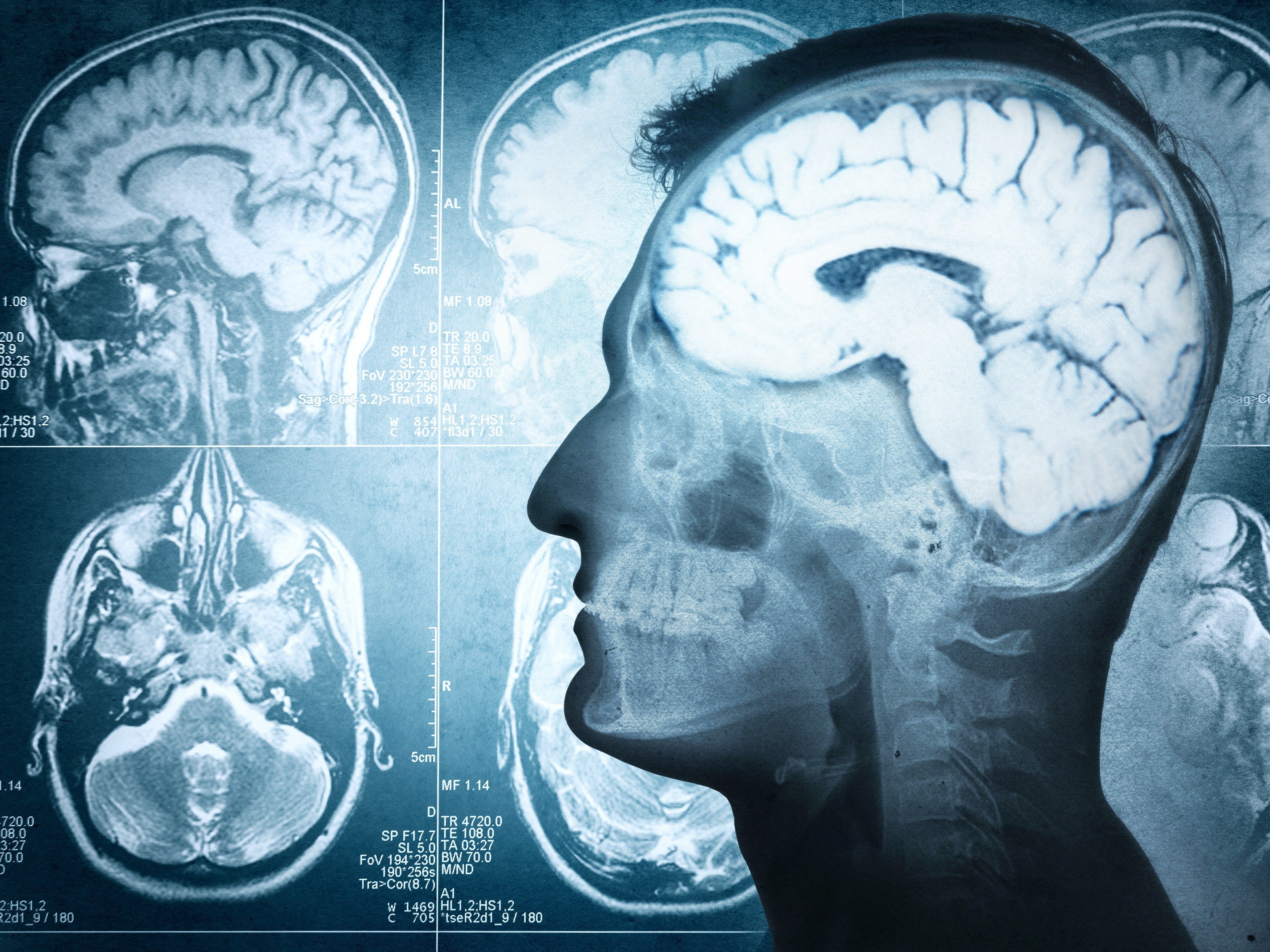
14. Stress shrinks your brain.
According to Yale University scientists in Connecticut who, in 2012, examined tissue donated from a brain bank, chronic stress leads to a loss of synapses between brain cells, specifically the ones responsible for emotion and cognition. That, in turn, leads to a loss of brain mass, making your noggin a little lighter.

15. You can restore a stressed-out brain…
…With a healthy diet: A 2014 study out of the University of California Los Angeles (UCLA) found that the hippocampus-related to memory and emotional resilience-was 14 per cent larger in seniors who ate baked or broiled fish on a weekly basis than those who did not.
…With exercise: Scientists from the University of Illinois followed 120 elders for a year. In 2010, they found that the volume of the hippocampus jumped by two per cent in those who walked for 40 minutes, three times a week.
…With meditation: Based on 2010 research out of Harvard University in Massachusetts, eight weeks of meditation (for an average of 27 minutes a day) boosted density in the hippocampus.
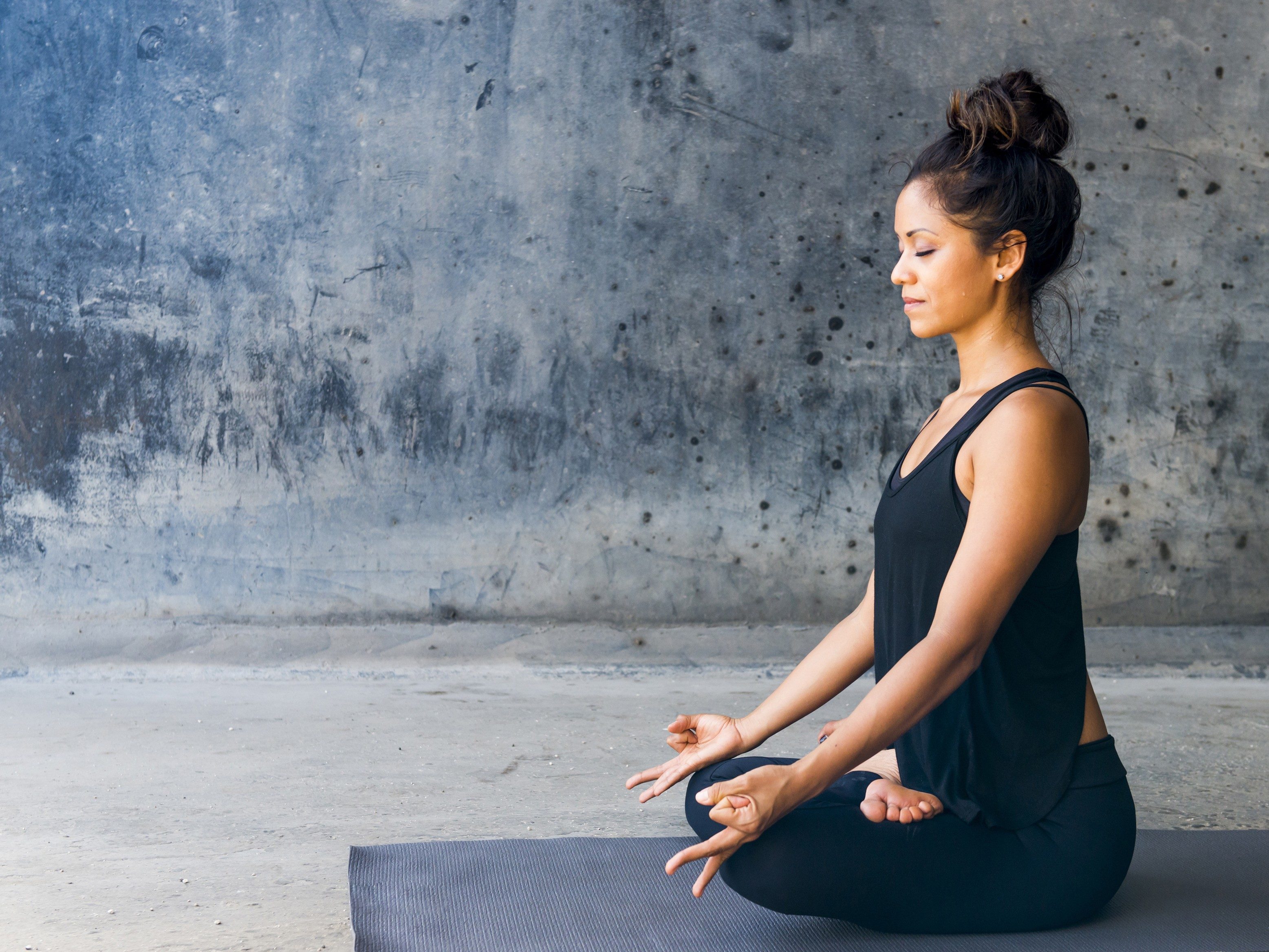
16. Meditation is a proven stress-buster.
A 2013 meta-analysis of 200-plus studies on mindfulness-based therapy, conducted by psychologists at Boston University, the University of Montreal and Quebec’s Laval University, concluded that meditation reduces anxiety and stress. And a 2015 study of Ohio nurses on an intensive care unit found that eight weeks of meditation cut stress levels by 40 per cent.
Not sure how to meditate? Here’s a handy guide:
* Keep your back straight to prevent the mind from becoming sluggish or sleepy.
* Let your focus soften and your eyes half-close.
* Breathe naturally, through the nostrils.
* Don’t try to control the breath.
* When your mind wanders, concentrate on the breath. Count if it helps keep you focused.
* Breathe this way for 10 to 15 minutes each day.
* Be patient with yourself. Gradually, distracting thoughts subside and our minds become calm.
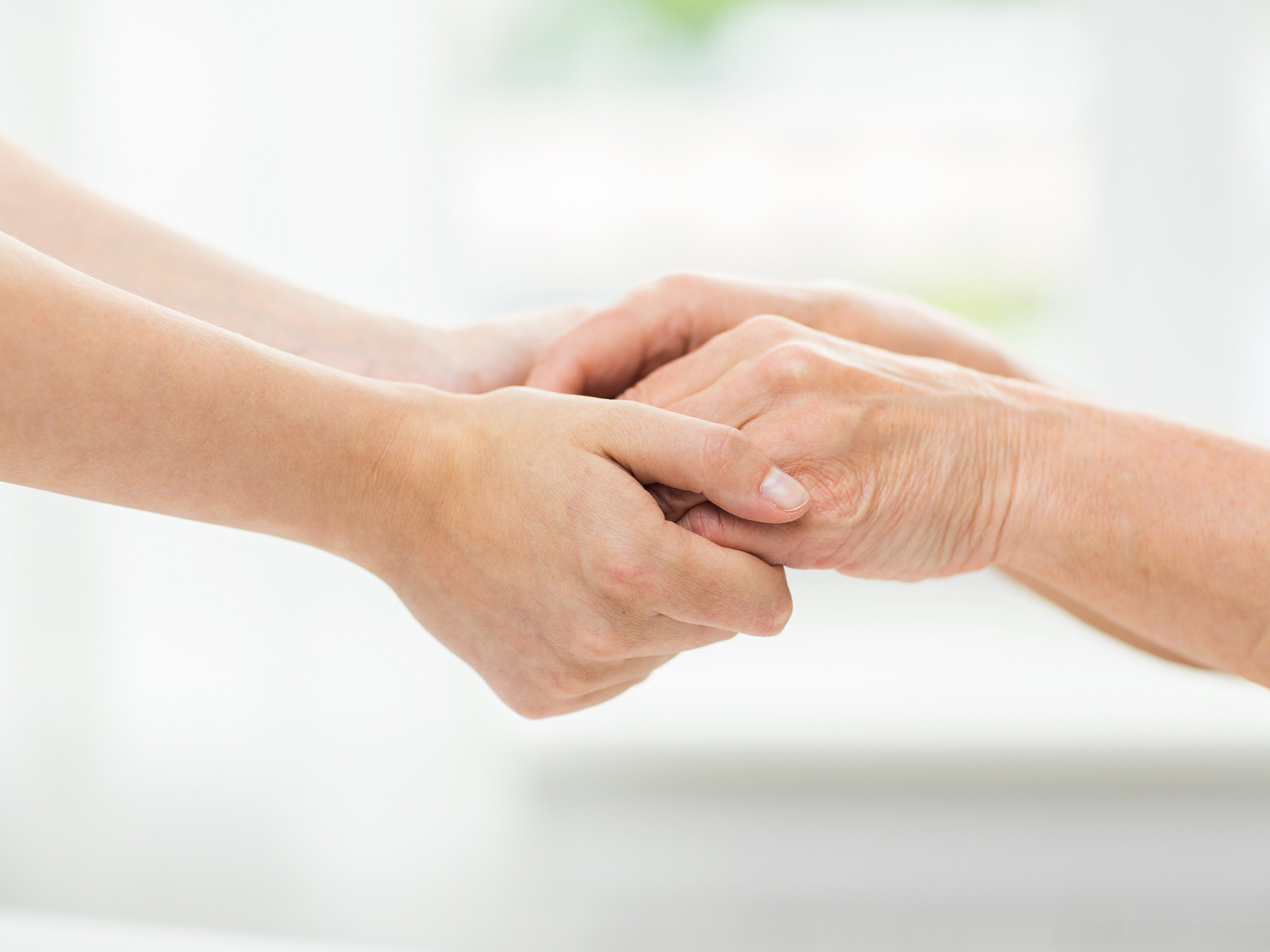
17. Family doesn’t just *cause* stress-it can help relieve it, too.
In a 2015 study, researchers from Queen’s University in Kingston, Ont., subjected 66 teen girls to a stress test. Some of them held their mothers’ hands during the test; others had to go it alone. The girls who had contact with their moms were able to manage stress more effectively. It’s what psychologists refer to as emotional load sharing.

18. Stress doesn’t make it harder to get pregnant.
A 2011 British Medical Journal meta-analysis of 14 studies found that women with extreme levels of emotional distress were as likely to get pregnant as women with milder levels after one round of in vitro fertilization.

19. Pets can chase away stress.
In a 2007 UCLA study, some patients hospitalized for heart failure spent 12 minutes with a therapy dog, while another group interacted with a volunteer. The canine crowd experienced greater decreases in their adrenalin and anxiety levels compared to those patients whose visitors could actually talk back.

20. Self-esteem is a natural stress-buster.
Researchers from Concordia University in Montreal met with 147 adults over 60 for four years. After factoring in economic and marriage status, they found that high self-esteem levels produced lower levels of the stress hormone cortisol. Let us help kick-start that confidence: we think you’re great.
Check out more healthy living tips!
Explore Reader’s Digest Canada.